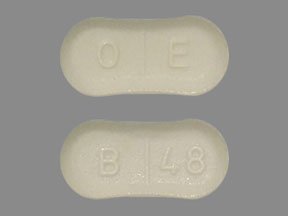Conjupri Dosage
Generic name: LEVAMLODIPINE MALEATE 2.5mg in 2.5mg
Dosage form: tablet
Drug class: Calcium channel blockers
Medically reviewed by Drugs.com. Last updated on Dec 11, 2024.
Adults
The usual initial antihypertensive oral dose of levamlodipine is 2.5 mg once daily, and the maximum dose is 5 mg once daily.
Small, fragile, or elderly patients, or patients with hepatic insufficiency may be started on 1.25 mg once daily and this dose may be used when adding levamlodipine to other antihypertensive therapy.
Adjust dosage according to blood pressure goals. In general, wait 7 to 14 days between titration steps. Titrate more rapidly, however, if clinically warranted, provided the patient is assessed frequently.
More about Conjupri (levamlodipine)
- Check interactions
- Compare alternatives
- Drug images
- Side effects
- During pregnancy
- FDA approval history
- Drug class: calcium channel blockers
- En español
Patient resources
Professional resources
Related treatment guides
See also:
Further information
Always consult your healthcare provider to ensure the information displayed on this page applies to your personal circumstances.


